Using Patient Education Videos to Support Preventive Care Strategies
As a healthcare provider, you know prevention saves lives. From routine screenings and lifestyle counseling to vaccinations and early detection,...
4 min read
Robert McDermott Apr 11, 2024 12:30:00 PM
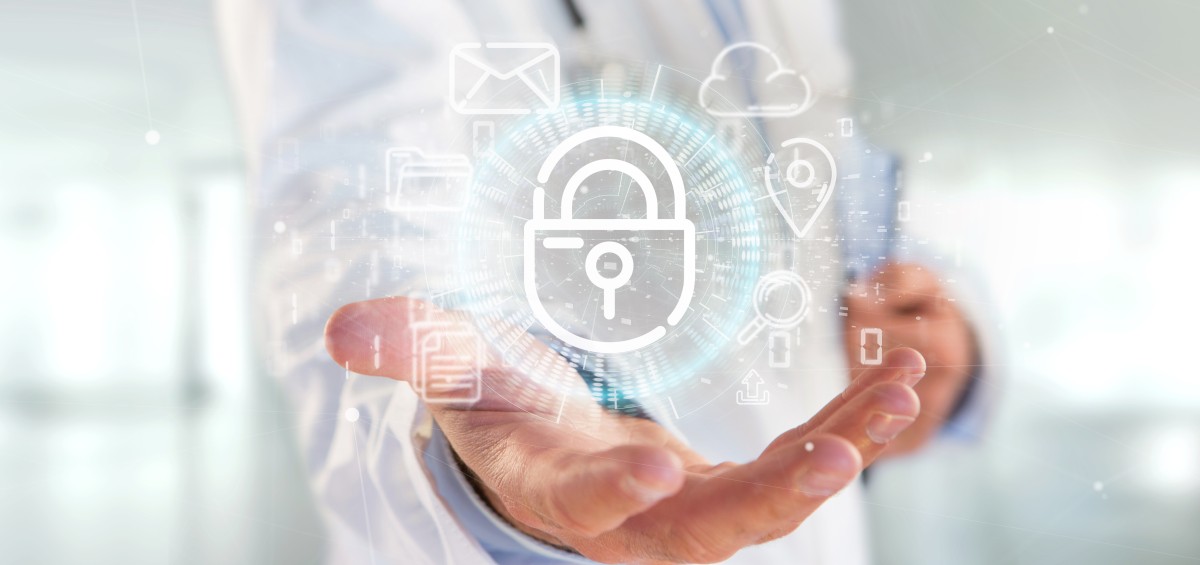 It seems almost yearly now that a major cyber attack on various parts of the healthcare industry serves as a wake up call to healthcare providers regarding their security and the importance of mitigating risks. In February of this year, a major healthcare technology provider was attacked and its data held for ransom by the cyber criminals. Sadly, it also seems almost yearly that, in the wake of even a major security incident, we will likely nod back to sleep until the next attack kicks us back into healthcare security high gear.
It seems almost yearly now that a major cyber attack on various parts of the healthcare industry serves as a wake up call to healthcare providers regarding their security and the importance of mitigating risks. In February of this year, a major healthcare technology provider was attacked and its data held for ransom by the cyber criminals. Sadly, it also seems almost yearly that, in the wake of even a major security incident, we will likely nod back to sleep until the next attack kicks us back into healthcare security high gear.
Unfortunately, the impact of this recent attack has sent a tsunami impacting critical components of digital healthcare delivery from billing, verification of insurance and payments to ePrescribing.
Quick Links:
The Change Healthcare attack of 2024 sent shockwaves through the healthcare industry, highlighting the vulnerability of sensitive patient data and the critical need for robust cybersecurity measures. As one of the largest healthcare technology companies in the United States, Change Healthcare serves a vast network of providers, payers, and pharmacies, making it clear that malicious actors seek to exploit weaknesses in digital infrastructure.
The attack involved unauthorized access to a significant amount of sensitive data, including patient records, financial information, and administrative data. This breach not only jeopardizes the privacy and security of millions of individuals but also poses significant challenges for healthcare organizations reliant on Change Healthcare's services for the smooth operation of their own operations.
More specifically, on February 21, 2024, Change notified customers of “enterprise-wide connectivity issues” which were impacting every level of its services, forcing them to disconnect over 100 systems. By the end of the day, it was referred to as a cybersecurity issue and had already begun impacting healthcare billing payment systems and pharmacies who were unable to process patient prescriptions.
By February 22, 2024, it was clear that Change Healthcare was hit by a ransomware attack. It’s estimated that they help process over 15 billion prescriptions a year. In addition to the significant impact on healthcare providers who were unable to process payments, even more patients were unable to get medically necessary and, in some cases, life-saving drugs.
In response to the breach, UnitedHealth Group, the parent company of Change Healthcare, swiftly initiated a comprehensive, and costly, investigation to assess the extent of the damage and identify the vulnerabilities that allowed the attack to occur. Simultaneously, they collaborated closely with law enforcement agencies, cybersecurity experts, and affected stakeholders to mitigate the impact and prevent similar healthcare security incidents in the future.
Despite these efforts, the impacts of this attack are still significant and costly. On March 29th, UnitedHealth Group confirmed that data was stolen in the attack and said they are determining how many individuals have been affected and the types of data involved.
The Change Healthcare attack serves as a stark reminder of the persistent threats facing healthcare and the imperative for continuous vigilance and investment in healthcare security infrastructure.
You may think cyber criminals only attack the big organizations, but that’s not true. Attacks can happen on any sized business. As healthcare providers, it’s a reminder that healthcare security and reliability are a chain, only as strong as the security mechanisms of the most vulnerable link of that chain.
Healthcare organizations and practices of all sizes need to implement proactive measures to ensure continuity of patient care and better protect patient data and trust.
 Does Your Practice Understand Healthcare Security Risks?
Does Your Practice Understand Healthcare Security Risks?As with any attack mitigation efforts, understanding the key vulnerabilities and strategies to mitigate them is the first step:
1. Unauthorized Access
2. Data Breaches
3. Phishing Attacks
4. Software Vulnerabilities
5. Insider Threats
6. Third-Party Risks
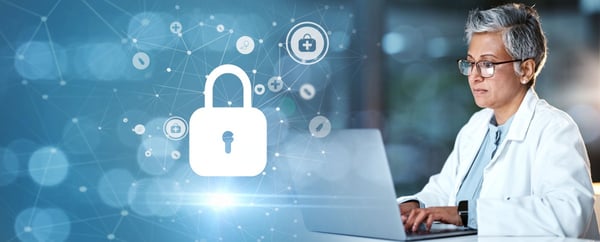 Healthcare Security Matters
Healthcare Security MattersFurther, the importance of contingency planning and response protocols must be underscored. In the event of a cyber attack, healthcare organizations must have comprehensive disaster recovery and attack mitigation plans in place to limit damage, minimize downtime, and ensure continuity of care and services.
And, perhaps most importantly, the Change Healthcare cyberattack highlights the interconnected nature of digital healthcare systems. An attack on one component can have far-reaching consequences across an entire healthcare network, disrupting operations and compromising patient safety. Beyond HIPAA compliance, safeguarding patient data and maintaining the trust of patients and stakeholders is paramount and that means keeping all healthcare workflow software secure.
There are a lot of measures you can take to ensure the safety and security of your dental practice’s IT infrastructure and the sensitive data contained within. While no measure is foolproof, implementing risk mitigation efforts is required not just by law, but through your commitment to your patients, your team, and your practice.
It’s worth noting that healthcare providers who use iCoreRx, the ePrescribing software from endorsed partner iCoreConnect, were not impacted by the attack on Change Healthcare.
The iCoreConnect team of experts is prepared to review, revise, and advise, to help you ensure HIPAA compliance and healthcare security are fortified in all business facets of your practice.
If you’re ready to talk about how we can help you provide the level of security and care your patient’s need and deserve, reach out to our team or book a demo today.

As a healthcare provider, you know prevention saves lives. From routine screenings and lifestyle counseling to vaccinations and early detection,...

There’s no denying that the AI boom is here. The American Medical Association reports that 66% of physicians are currently using artificial...

If only managing your practice’s revenue cycle came with a crystal ball. You could spot claim denials before they happen, predict when patients might...
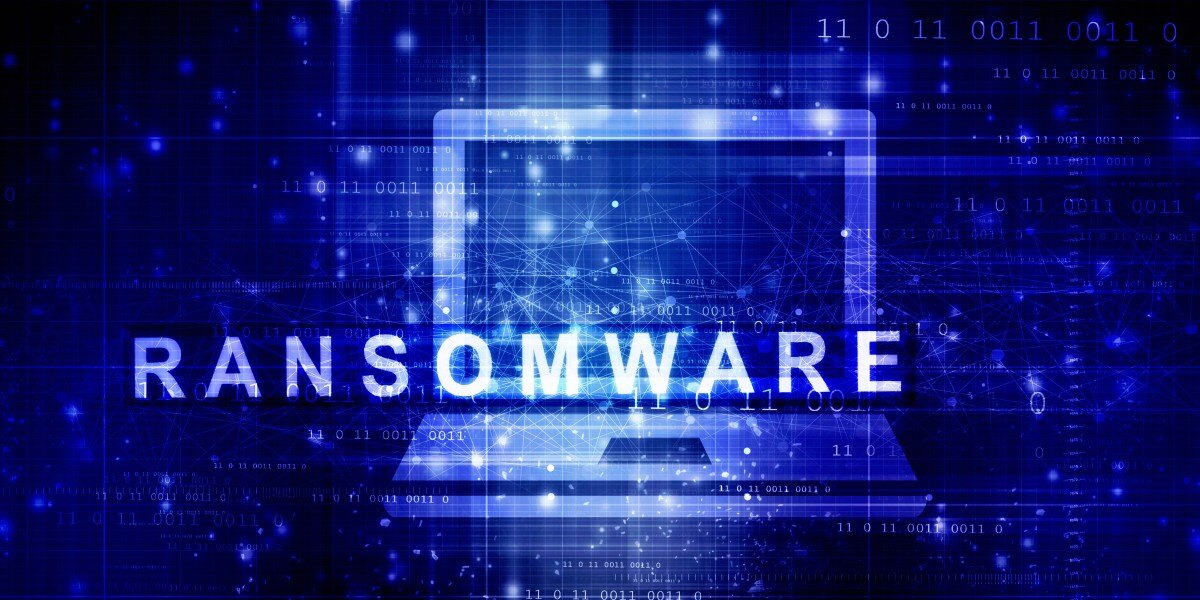
Between January 1, 2018 and September 30, 2023, the Office for Civil Rights (OCR) of The U.S. Department of Health and Human Services (HHS) reported...
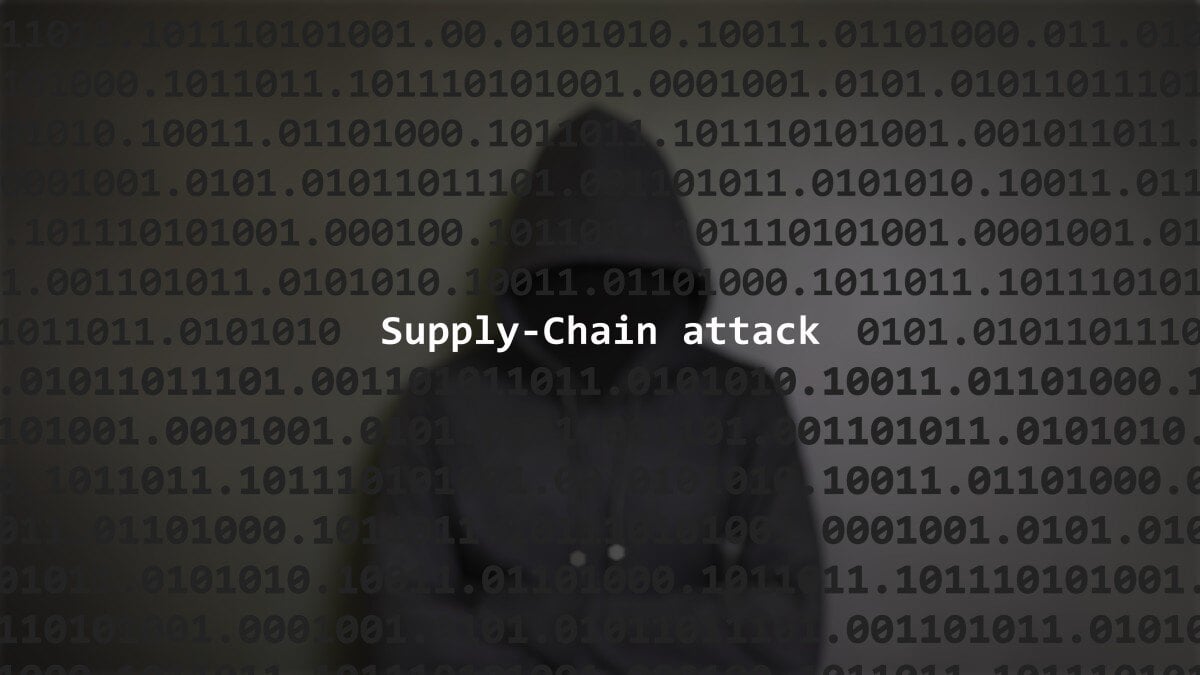
We all know cyber threats are constantly evolving with attackers seeking new ways to access systems and networks. However, we’re also aware that our...
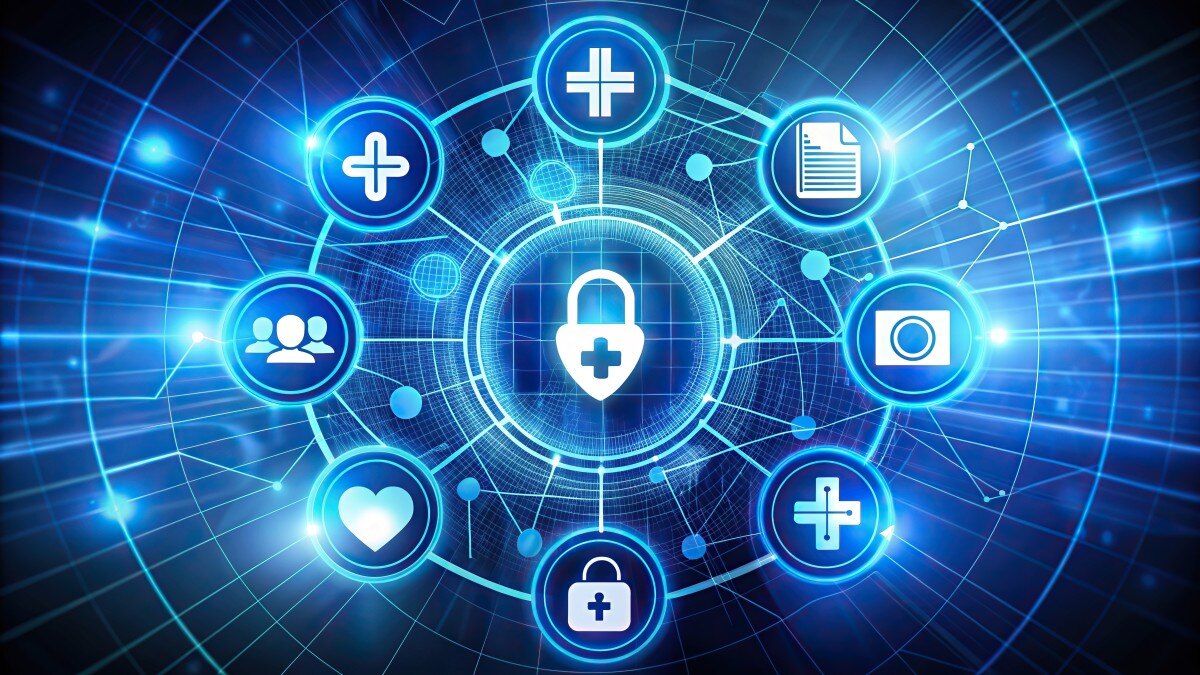
Most healthcare practices wouldn’t dream of forgoing malpractice insurance. It’s a necessity to keep a practice safe. And yet, many practices take a...